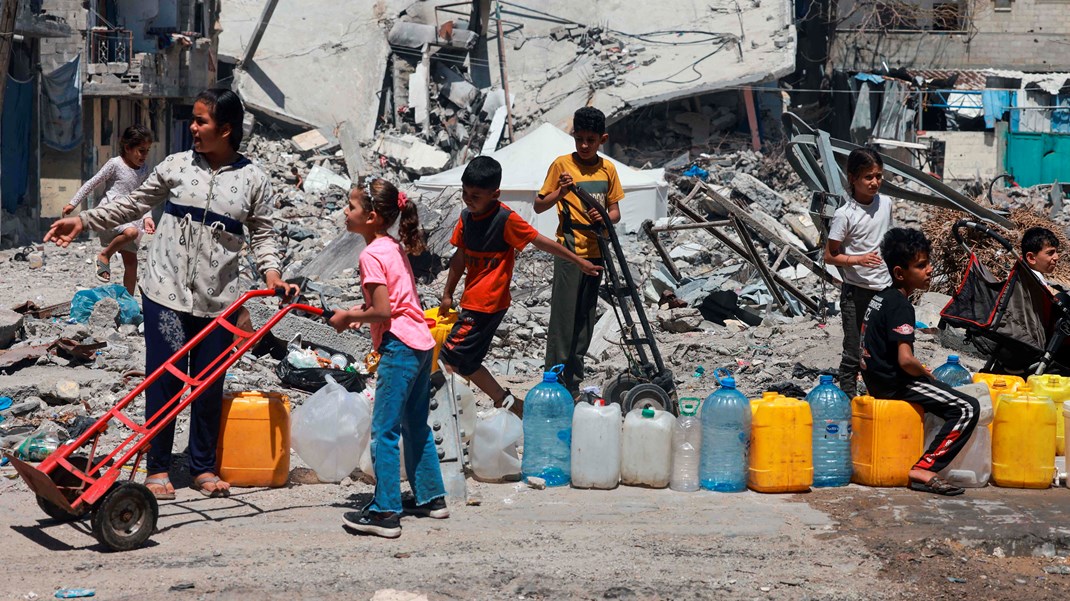Early action to protect livelihoods of small farmers in Malawi against El Niño event
Malawi is among the most climate-fragile countries in the world, ranking 105 out of 113 countries based on the 2016 Global Food Security Index. Agriculture remains the country’s mainstay, largely supporting most of its rural population with the sector contributing to about one third of its GDP. Since 2015, back-to-back El Niño/La Niña episodes affected the food security of more than 8 million people.
Last season also witnessed dry spells and an outbreak of fall armyworm, which led to a significant drop in the production of staple food crops. For many vulnerable households, this has led to a heavy reliance on markets for food and the adoption of negative coping mechanisms during the lean season, including the selling of livestock at lower prices than normal; seeking casual labour; and/or increasing the intensity of other off-farm activities to generate income. The high probability of El Niño-induced dry conditions during the 2018/19 agricultural season is likely to have a significant negative impact on the most vulnerable farming communities. Climate-related shocks could exacerbate existing vulnerabilities and cause a deterioration in food security and nutrition.
In light of these warnings, the Food and Agriculture Organization of the United Nations (FAO) has developed a project with funding from Belgium, through the Special Fund for Emergency and Rehabilitation (SFERA) early action window. The project aims to assist 22 000 at-risk people located in 8 out of 12 identified districts that are perpetually affected by weather and climatic shocks in Malawi, by minimizing crop production loss and livestock mortality for vulnerable farmers, as well as increasing their access to water resources for agricultural use. This will be achieved through the distribution of early maturing and drought-tolerant crop seeds, along with livestock vaccinations to prevent disease outbreaks. Furthermore, beneficiaries will gain from the provision of micro-irrigation equipment and the promotion of on-farm water conservation techniques to minimize wastage of available water resources.
In partnership with the National Agriculture cluster and the Ministry of Agriculture, Irrigation and Water Development (MoAIWD), FAO assists the coordination of emergency and humanitarian actions in the country and enhances the capacities of local communities to better prevent and respond to future disasters.


